Introduction
John Rocker’s name evokes strong reactions in baseball circles, known both for his formidable pitching abilities and controversial public persona during his Major League Baseball career. This comprehensive exploration delves into Rocker’s complex legacy, including his surprising connection to modern baseball through Pat Mahomes Sr. and the next generation of baseball talent.
Early Life and Baseball Beginnings
Born in 1974 in Statesboro, Georgia, John Rocker developed his baseball skills in the competitive southeastern United States baseball scene. His powerful left-handed pitching caught scouts’ attention early, leading to his selection by the Atlanta Braves in the 1993 MLB Draft.
MLB Career Highlights
Key Statistics and Achievements:
- ERA of 3.42 across six MLB seasons
- 88 career saves
- Four seasons with the Atlanta Braves (1998-2001)
- Notable 1999 season: 38 saves with a 2.49 ERA
The Pat Mahomes Sr. Connection
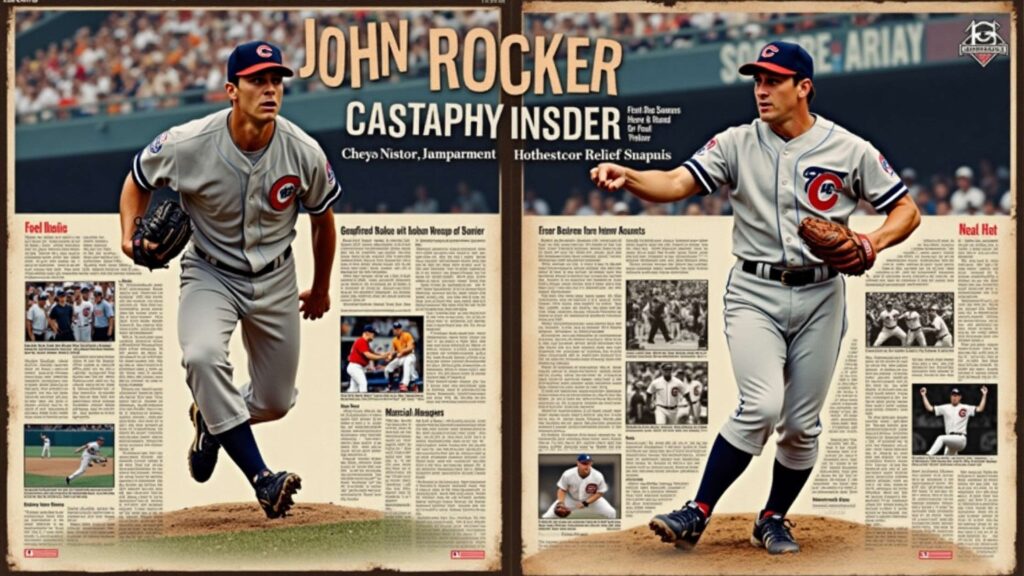
An interesting intersection in baseball history involves John Rocker and Patrick Mahomes Sr., two players whose careers overlapped in the late 1990s. While many today know Patrick Mahomes Sr. as “Patrick Mahomes’ dad,” he had his own significant baseball career spanning 11 seasons in Major League Baseball.
Career Parallels
Both Rocker and Pat Mahomes dad pitched during a transformative era in baseball, though their paths crossed only briefly. Mahomes Sr.’s career (1992-2003) overlapped with Rocker’s tenure (1998-2003), creating an interesting historical connection in baseball’s timeline.
Controversial Years and Public Image
Rocker’s career became defined by controversy, particularly following his infamous 1999 Sports Illustrated interview. This period marked a significant shift in how athletes’ public statements were scrutinized in the emerging internet age.
Legacy and Impact on Baseball
The story of John Rocker serves as a cautionary tale about the intersection of athletic talent and public persona in professional sports. His career notably influenced:
- Media coverage of athletes
- MLB’s approach to player conduct
- Public relations training for young players
Frequently Asked Questions
Who is John Rocker?
John Rocker is a former MLB pitcher who played primarily for the Atlanta Braves, known for both his athletic performance and controversial public statements.
What is the connection between John Rocker and Pat Mahomes?
John Rocker and Pat Mahomes Sr. were contemporaries in Major League Baseball, playing during the same era though on different teams.
How does John Rocker relate to Patrick Mahomes?
While John Rocker and Patrick Mahomes Sr. played baseball during the same period, there’s no direct connection between Rocker and the younger Patrick Mahomes beyond the baseball era connection through Patrick’s father.
Modern Relevance
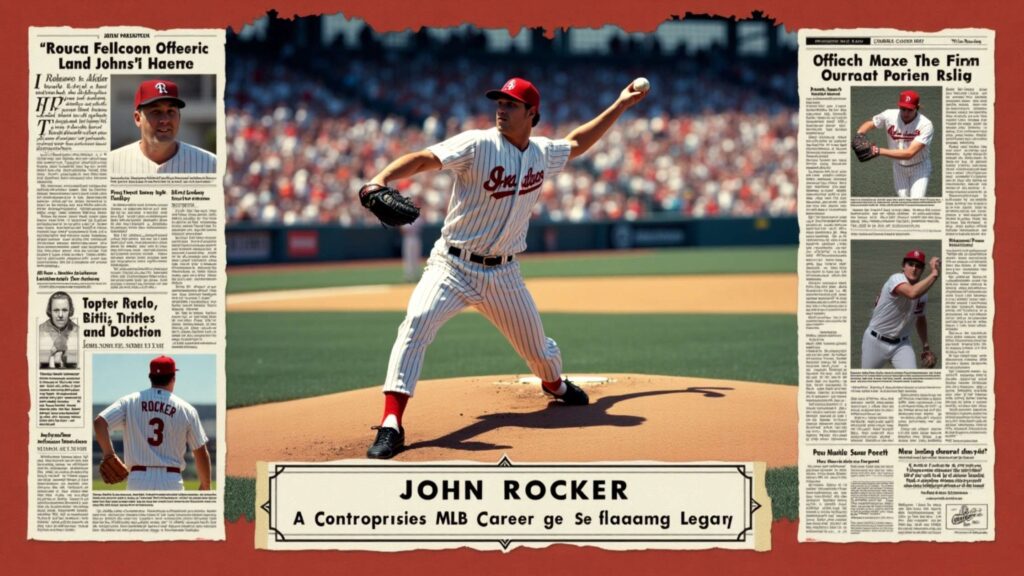
Understanding the John Rocker story remains relevant today, particularly as baseball continues to evolve and address similar challenges regarding player conduct, media relations, and the sport’s cultural impact. The connection to Pat Mahomes Sr. and by extension to modern sports dynasties adds an interesting contemporary dimension to this historical narrative.
Impact on Current Baseball Culture
Today’s MLB has implemented numerous changes influenced by events during Rocker’s era, including:
- Enhanced media training for players
- More comprehensive social media policies
- Greater emphasis on player conduct and public relations
Conclusion
The John Rocker story encompasses more than just baseball statistics or controversial headlines. It represents a pivotal moment in how professional sports handles athlete behavior, media relations, and public perception. The connection to Pat Mahomes Sr. and baseball’s next generation adds an interesting layer to this complex historical narrative.
This comprehensive look at John Rocker’s career and its various connections to baseball history, including the Pat Mahomes family legacy, provides valuable context for understanding both baseball’s past and its present state. The story continues to offer lessons about athleticism, public persona, and the evolving nature of professional sports.



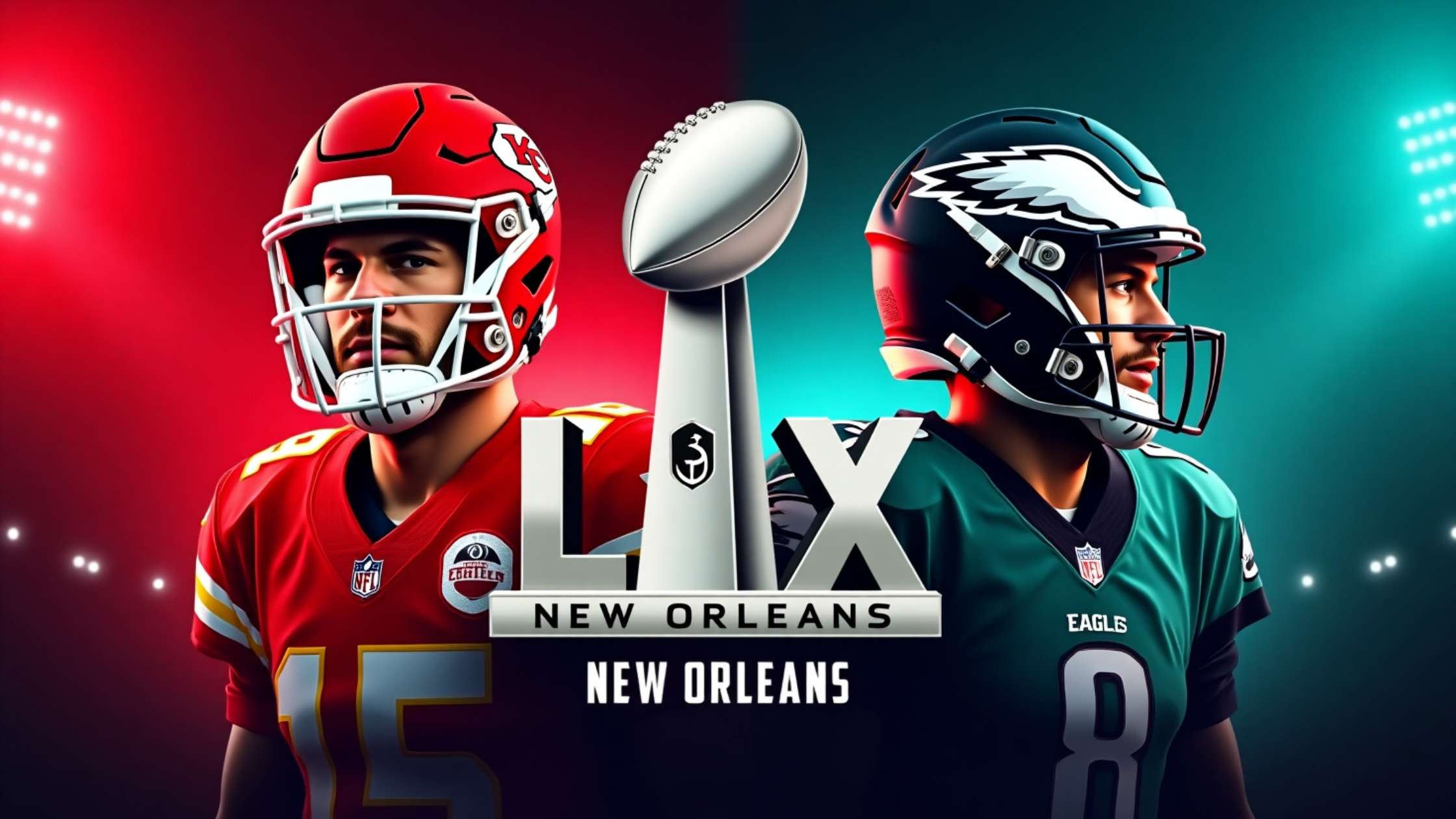




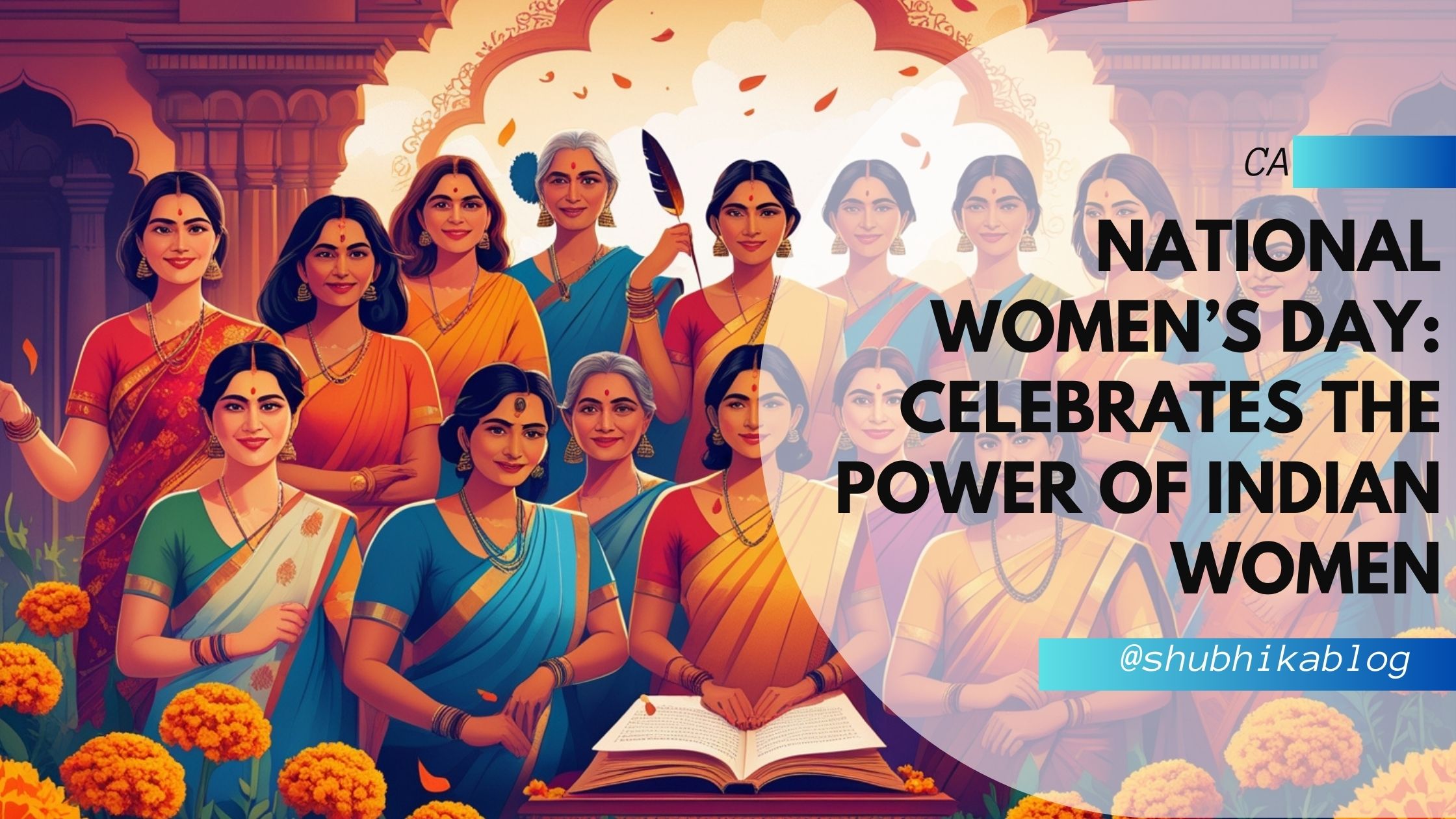
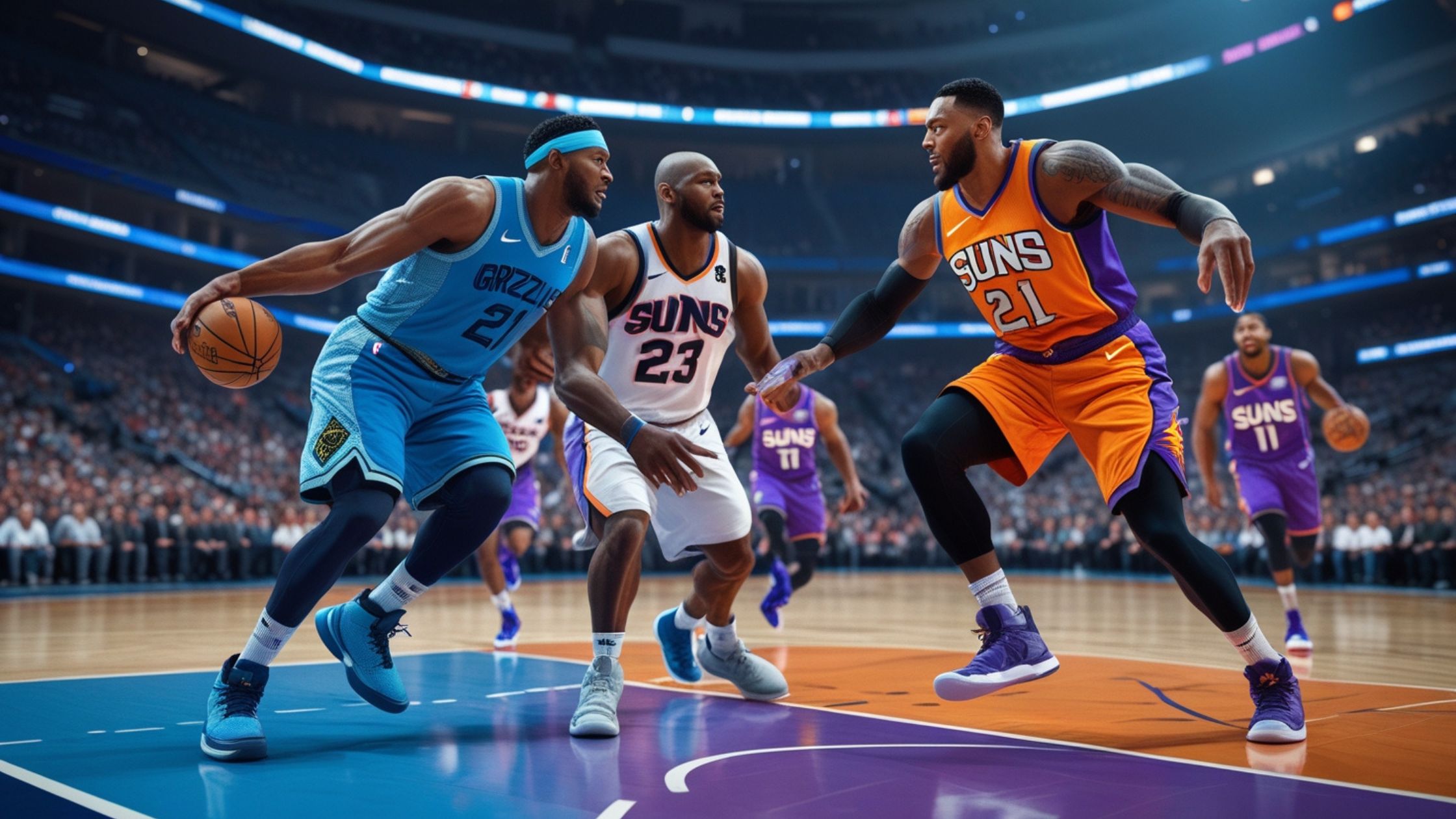

Leave a Reply